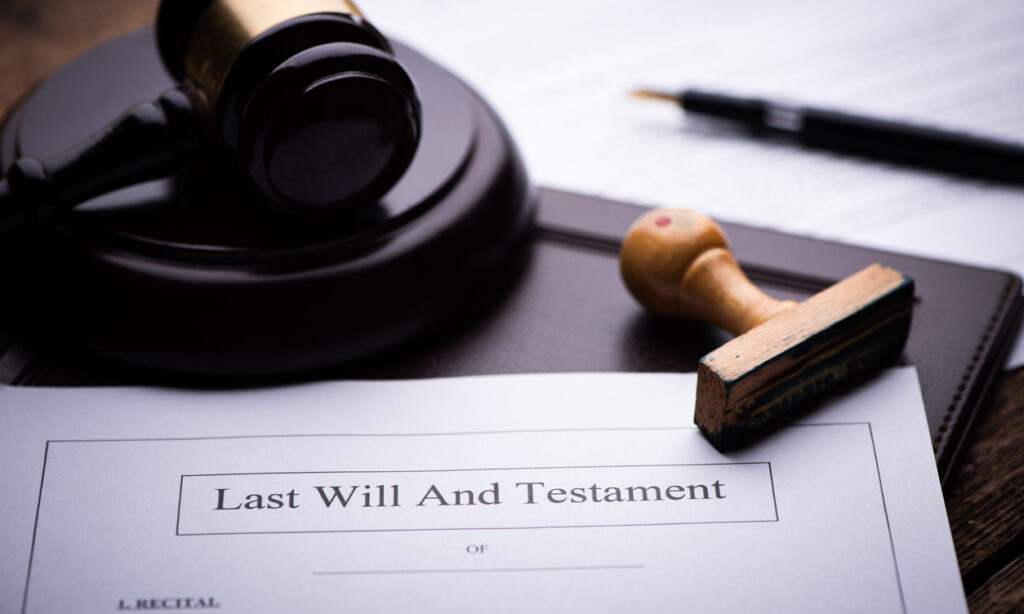When a person is missing, they are assumed to be alive unless it can be proven otherwise. That will remain the case until:
- they are found; or
- seven years have passed since they were last seen (in which case a declaration of their presumed death can be obtained from the courts).
Why does 7 years need to have passed?
Under the Presumption of Death Act 2013, a person is thought to have died if a missing person has not been known to be alive for a period of at least 7 years. It may be necessary to wait 7 years if there is no clear evidence to suggest the missing person has died, however waiting 7 years does not provide anyone with an automatic right to resolve the missing persons affairs, an application will still need to be made to the court. The judge does not need to be satisfied 100% that death has occurred but on the balance of probabilities, (more than 50%) that it is more likely than not that the missing person has died.
A person’s disappearance will naturally cause a great deal of distress to their family and loved ones. However, this can be exacerbated if nobody has the authority to deal with the missing person’s property and financial affairs, which may go unmanaged for up to seven years. This is a significant amount of time and can cause serious problems for the missing person themselves, their family or dependants, particularly if the missing person:
- owns property in their sole name, in which case it may become uninsured, fall into disrepair and if subject to a mortgage, be re-possessed;
- owns property jointly, in which case their co-owner may be unable to deal with, re-mortgage or sell the property without the involvement of the missing person;
- owns a company, in which case their absence may have an impact on shareholders, directors, employees, creditors and any other stakeholders;
- is in debt, in which case creditors will be awaiting repayment with increasing amounts of interest.
Therefore, given the complexities that can arise, it is often sensible to appoint a person to manage a missing person’s affairs. That person is known formally as a ‘guardian’.
Guardianship orders
In order for a guardian to be appointed, the court must make a guardianship order pursuant to the Guardianship (Missing Persons) Act 2017 (‘the Act’) and Part 57 of the Civil Procedure Rules.
This is generally achieved by the proposed guardian issuing a claim in the High Court with supporting evidence and a judge then listing a hearing to consider the matter. The court will expect the claim to deal with various aspects of the missing person’s circumstances and therefore it is recommended that legal advice is obtained.
The claim must also be advertised in a newspaper local to the area in which the missing person was last known to have lived. This allows anybody who wishes to contest the guardianship order to come forward.
If the claim for a guardianship order is urgent (for example, because the missing person’s house is going to be repossessed), the court should be made aware and they may choose to expedite the matter.
Before the court is able to consider granting a guardianship order, they will need to be satisfied that:
- the missing person has been missing for at least 90 days;
- the appointment of a guardian is in the missing person’s best interests;
- there is a sufficient connection between the missing person and the jurisdiction of England and Wales; and
- there is a satisfactory person who could be appointed as guardian.
In determining who is most suitable to be appointed guardian, the court will consider whether the proposed guardian (who must be over the age of 18) has a ‘sufficient interest’ in the missing person’s estate for them to successfully undertake the role. Those automatically considered to have a sufficient interest are the guardian’s:
- spouse or civil partner;
- parent;
- child; and
- sibling.
If a proposed guardian does not fall into one of the above four categories, they will need to demonstrate that they have a sufficient interest in the missing persons’ affairs. That may be because they are a business partner, step-relative or long-term partner of the missing person.
Responsibilities and power of a guardian
The guardianship order itself will set out the full extent of a guardian’s powers. However, the Act provides that the rights and powers of the guardian may include:
- selling, letting or mortgaging the missing person’s property;
- executing deeds and other documents;
- recovering money owed to the missing person;
- discharging debts and other obligations of the missing person;
- bringing or conducting legal proceedings; and
- resigning trusteeships held by the missing person.
It is clear that a guardian’s role involves a great deal of responsibility and therefore, should not be taken lightly. If a guardian proposes to take an action but is unsure whether their powers extend to that action, it is important to seek legal advice and/or directions from the court. It is likely that the court’s direction will always be required where a guardian seeks to make a gift on behalf of the missing person.
Given the onerous responsibilities afforded to a guardian, it is important that all decisions they make are in the best interests of the missing person. This means that the guardian should consider, so far as is reasonable, any relevant wishes, beliefs, values or feelings expressed by the missing person at any time.
Duties of a guardian
There are various general duties a guardian owes to a missing person. For example, they must:
- familiarise themselves with the property and financial affairs for which they are responsible;
- act with due care and skill;
- not take advantage of or profit from their situation without authorisation;
- not delegate duties unless authorised to do so; and
- act in good faith;
Duration and renewal of guardianship orders
Once granted, a guardianship order can last for a maximum of four years (though the court will determine the appropriate length of time for each individual guardianship).
If the missing person has not been found upon expiry of the order, the guardian will either need to re-apply for a guardianship order or, if seven years have passed since the missing person was last seen, apply for a declaration of presumed death.






